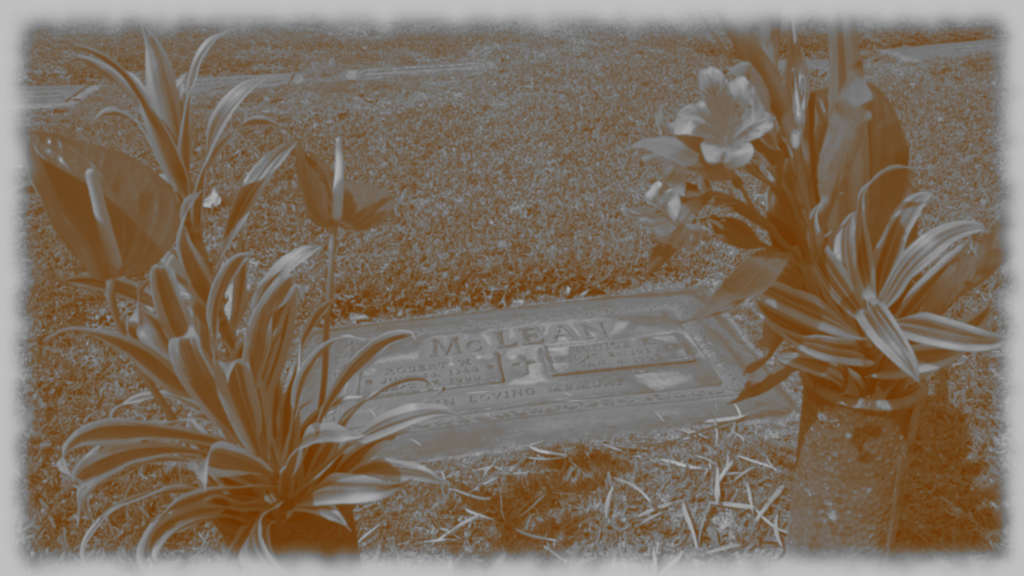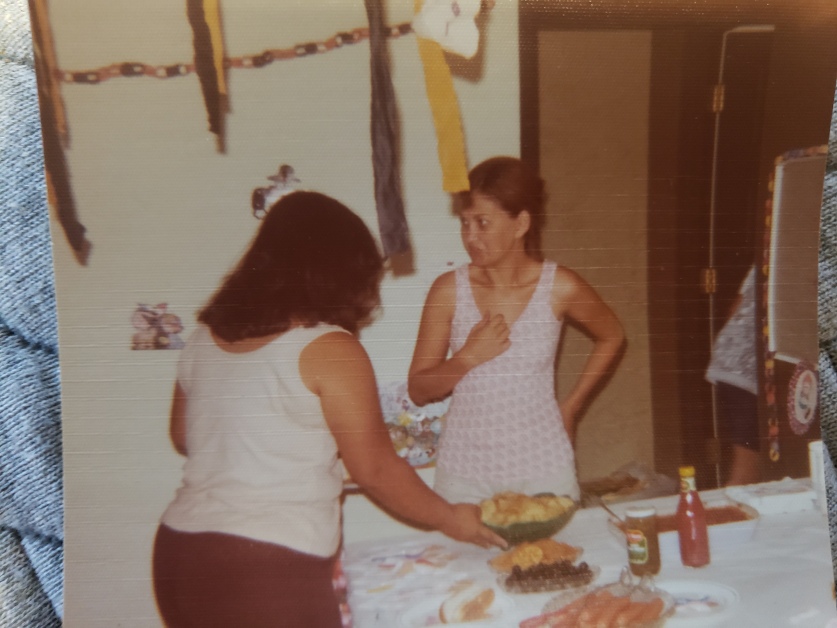I’m working again, sort of. My full-time job of pain management has been successful enough that I am able to type for about and hour and a half a day, which is an incredible triumph.
A year and a half ago I was trying to convince the writing part of my brain to accept speech-to-text applications as a viable option. I thought it’d be an easy switch, but turns out that writing out loud is a completely different set of skills that need to be honed – who knew! It has been a year and a half of trial and error and big fat tears born of worry that I would never write again. All of that work should have been obvious, since it took months of banging away at my Coronamatic to learn how to stream my consciousness onto the page. But, hey. This is how we learn things about ourselves I guess.
For now at least, I’m able to do a kind of weird juggling between typing until juuust before the nerve pain in my thumb wakes up like a dragon, and fighting with voice recognition software in hopes that it will feel more natural if the time comes that I truly can’t type at all. And if it just so happens that I never lose my ability to type, learning a new way to write isn’t something I’ll ever regret.
But.
It is never lost on me that all of this work I am doing is so I can stay one step ahead of Schwannomatosis. Every pain-free moment, every minute I can type, reminds me what I am up against. Whenever I switch positions, or desks, or pace around until the pain settles down again, I wonder how much more I need to add to my already heavy routine. It’s a constant distraction that pops me out of my best writing head space all of the time.
And it’s hard enough staying in that head space to begin with. My work – what I consider to be my best work, anyway – all has to do with trauma and grief and the kind of loss that takes you completely away from everything you’ve ever known. It is stinging, arduous writing that I find myself avoiding all the time, even when I am filled with the compulsion to capture a moment. I’ve always wanted to not be a trauma writer, but that’s as easy as saying that I’ve always wanted to not know the kind of loss that informs every word I’ll ever write. But it’s not like I had a say in the matter. This is the toolkit that I’ve been awarded, and all I can do is make something of it.
I can write forever about my dad, or my mom. Grandma, my son, my childhood, my culture. All of the happiest lives I’ve lived and lost, the ones I love running through the fingers of memory over and over again. But also I can’t write about it for very long at all, because at some point all it hurts too bad and I can’t sit with it any longer. I wind up doing anything else, which means of course nothing. Or at least nothing I consider to be my actual job.
Staying present enough – to heal, enough to write, enough to manage my condition – is a skill even more difficult to hone than learning to write out loud rather than through my fingertips. I have taken some practical steps like writing in airplane mode so I don’t retreat to the Internet whenever my thoughts turn somewhere particularly uncomfortable. I’ve put my schedule for medications, therapies, and writing, in my calendar and labeled them all “work” to both internalize them as work and keep myself on track. But these are things as easy to implement as they are to cheat. I am right this second fighting the urge to turn the WiFi back on, ignore my reminders, convince myself that I don’t really have to hold myself accountable.
But dammit. I know what will happen if I do. It’s exactly like slacking off on my PT exercises, which of course I do all the time because they’re difficult and boring. But then the pain comes back, my muscles seize, and I have to start almost at the beginning. That’s even more tedious and time-consuming than doing PT every day, and I have to stay focused on that. I have to remember that while I’ll never ever be pain-free, I can at least increase and extend my mobility as much as possible.
Paying such close attention to my body – working to stay ahead of the pain instead of just triage in the midst of another flare – inherently has me paying close attention to my naʻau. My brain might remember the pain – of my condition, of my losses – but my naʻau is where all of it really lives. When I am having one of those wonderful and rare pain-free moments, it’s easy for my brain to dismiss this pain work and be tempted by distraction. It is that deep down gut feeling that pushes me to stay the course. That remembers the pain, and asks me to actually manage it, rather than just avoid.
Lately I’ve been working with my psychologist to understand trauma’s physical effects on the body. My pain doctor commented right away on how high I scored on the PTSD chart her clinic uses to learn about their patients’ conditions. Having a medical doctor say out loud that PTSD would exacerbate symptoms of my neurological condition helped me to see that my trauma work and pain work are one in the same.
It hasn’t been easy to dive this deep into the physical pain of trauma I’ve lived with for years. But in doing this work, I am learning that this pain doesn’t have to last forever. For so long I’ve been just surviving and thought that meant I was better. Healed. Now I see that I’ve been holding on to everything all this time, waiting for the safety and support to truly tend to the most deeply injured parts of my self. And when I tend to myself with that kind of honest-to-God self love, my whole life becomes lighter.
The more ways I find to stay with the resurfacing of loss, the more joy I find behind the advent of trauma. Like, writing about my condition always connects to writing about my dad, and writing about my dad always means writing about the delight of being his daughter. The absolute delight. The more I rappel into the fury over my mother’s ceaseless disappointment, the more I warmth I find in those short-long years when I was her shadow. The too-obvious realization that I adored her so much that bearing the brunt of her displeasure was the cruelest punishment to endure. And that we were finally as adults finding our way back to one another when she died.
This is what I want to write about.
It’s taken me a year of hard work to type these words. A year of work to be able to sit down and go to work. I have no idea what kind of work I’ll be able to pull off with the hour and a half I get of typing a day. I don’t know how many weeks or months my hour and a half a day will last. I can’t control that, only encourage. Only recognize this small window that didn’t exist for me a year and a half ago, and find ways to make the most of it while it’s open. My job now is to be open in return.
I just hope I can.
image: The grave of my father and grandmother, at Diamond Head Memorial Park.




E nei, your writing helps me deal with my pain. So I am grateful for the 1 1/2 hours you are able to carve out for yourself. Are you able to write long hand? My daughter Abigail writes in long hand and then dictates into an app that types it out. She does her proofing and edits there. Aloha nui! Deb
Mahalo nui! Longhand is even more difficult, unfortunately. I tried that, too, thinking it would be good exercise to keep my hand muscles strong. Sometimes even signing permission slips for my daughter can be too much! I will figure it out, though. Try everything, haha!
Hi Leilani, I am so glad to see a new post from you! Your description of how difficult it is to stay ahead of, to do what you can before, the pain insinuates itself is so good. It rings true. I have a feeling you are a naturally exuberant person who loves to celebrate the moment you’re in. To hold yourself back, that self-discipline so your next moments, hours, days aren’t spent in struggle – that is something I also must practice every day. It’s a powerful thing to read your honesty: it motivates me to be honest with myself and take the necessary action (or non-action) so that I do only as much as I can without slowly sliding into pain. You are taking good care of yourself, I can see that, and I look forward to reading more when you are able to.
Mahalo, Holly! I was hoping you were still around.
Staying ahead of the game is the toughest part of chronic illness. It’s always changing so who knows what staying ahead will look like in a month, year, or more!
So glad to “see you.”